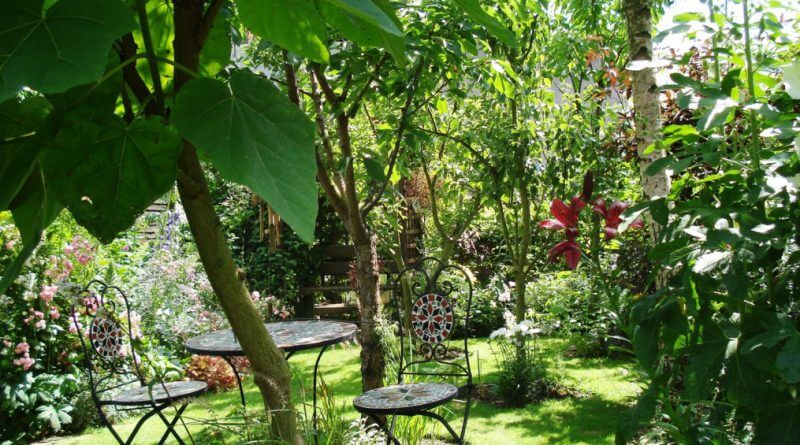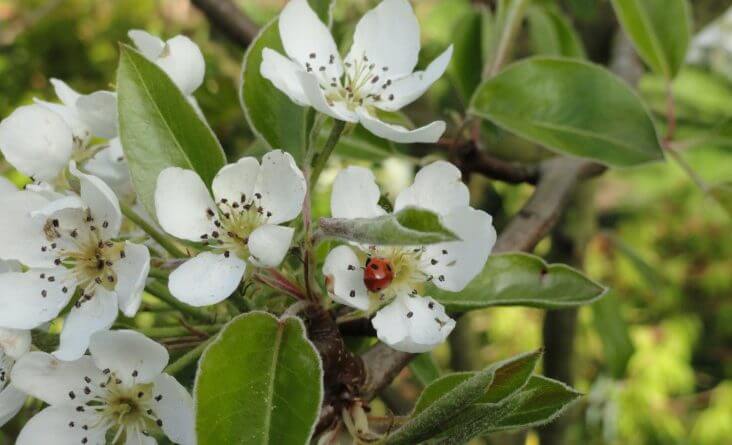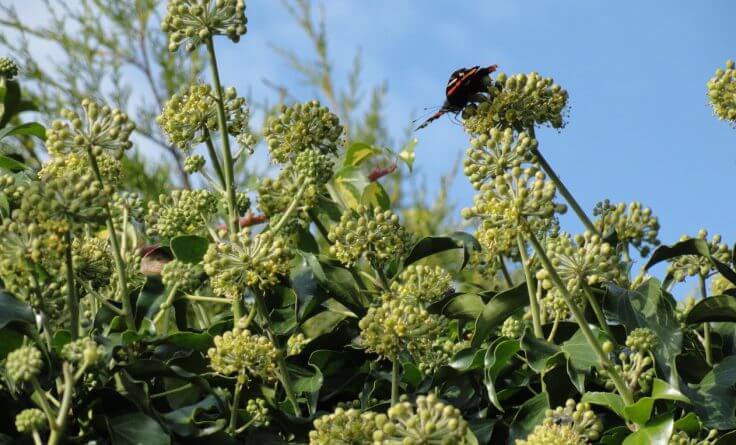Guest Column: Kathy Fairweather
Gardening is one of the favourite hobbies in Britain. It can become rather addictive; I know a few people whose holidays are arranged according to the gardening diary – they wouldn’t dream of leaving their precious plants between April and September. There are those who spend hours trying to grow giant (inedible) onions for the village show; some patrol their gardens a few times a day hunting out slugs and lily beetles (me) whilst others devote much of their spare time in cross breeding in the hope of producing a rare flower.
However, besides being such a popular hobby, gardening and spending time in green spaces is attracting a lot of academic research. There are studies which suggest that our involvement with nature is of the utmost importance to our health and wellbeing. Other studies advocate that urban gardens of all sizes can have a positive impact on the ecology and environment. March is the month gardeners’ thoughts start turning to the gardening season; let’s explore some justifications for spending so much time in the garden. Furthermore, it might encourage some reluctant gardeners to spend more time outside.
On the health front, gardening has been proven to increase mobility, reduce stress, lower blood pressure, lower cholesterol, and most importantly, decrease depression. For people who spend a lot of time indoors, isolation and loneliness can play a big part in contributing to mental ill-health. The Great Outdoors: How Our Natural Health Service Uses Green Space To Improve Wellbeing report (Faculty of Public Health, 2010) states: “Almost one in six people in the UK will suffer from mental ill-health, such as anxiety or depression, in their lifetime. Mental ill-health accounts for almost 20% of the burden of disease in Europe. Safe, green spaces may be as effective as prescription drugs in treating some forms of mental illnesses, without the costs of side-effects and ever-rising numbers of prescriptions.”
A study in the Netherlands showed that every 10 per cent increase in exposure to green space translated into an improvement in health equivalent to being five years younger (de Vries et al 2003), with similar benefits found by studies in Canada (Villeneuve et al 2012) and Japan (Takano 2002). The calming environment of a garden greatly reduces the effects of stress.
There are studies which suggest that “around 13 per cent of Alzheimer’s disease worldwide may be due to sedentary behaviour” (Raji et al 2016 in David Buck, 2016). Although the evidence is in its early stages, is contested and is still developing, there are increasing numbers of clinical studies that seem to show that physical activity may be important in preventing forms of dementia or at least ameliorating its impact. Gentle gardening can definitely provide the necessary exercise for the elderly and can be adapted to suit the less able bodied gardeners.
If busy lifestyles, age or health issues limit the amount of time individuals can spend gardening, then visiting open gardens or a park is a great way of incorporating some of the physical and mental health benefits. Not only do we flood our senses with colour, perfume and a calming environment, but we surround ourselves with people, thus reducing the feelings of isolation and loneliness. There are a number of people, previous strangers, who visit our garden year after year and spend an hour or so walking around the garden, relaxing and chatting to other visitors.
On the environmental front, a government report Green Space and Health (2016) writes that “urbanisation damages the environment and has a range of implications for human health. Increasing urban vegetation could help reduce:
- flooding – 10,000 trees can retain approximately 35m litres of water per year, reducing flood risk
- Noise pollution – a border of trees and shrubs 30 metres wide can reduce noise levels by 5-10 decibels.
- Air pollution – doubling tree cover across the West Midlands could reduce the concentration of fine particulate matter by 25%, preventing 140 premature air pollution-related deaths in the region.”
With large scale farming, the variety of plants is greatly reduced; growing a wide range of plants in our gardens offers food for birds, bees and insects which they might otherwise struggle to find. Any amount of food that we grow reduces its carbon footprint and it’s much easier to grow organic food on a small scale, thus reducing the use of pesticides.
So, in conclusion, the benefits of gardening or spending time in green spaces are much more than just providing us with a hobby. It creates a link between us and nature which encourages us to look after our environment and improves our physical and mental health. These benefits help us create much more sustainable and resilient communities for us and the future generations. A walk in a park, a sandwich on a bench by a tree, tending to a flower basket on our balcony, picking a strawberry from our little patch, drinking a cup of tea with a friend in our garden, listening to the spring song of a blackbird, bending down to smell a hyacinth in a garden centre – all these small actions are guaranteed to make us feel better about ourselves and our environment. Sharing this love of nature with our children and society can only make for a much nicer and safer world.





Interesting article x
well done Kathy and thanks